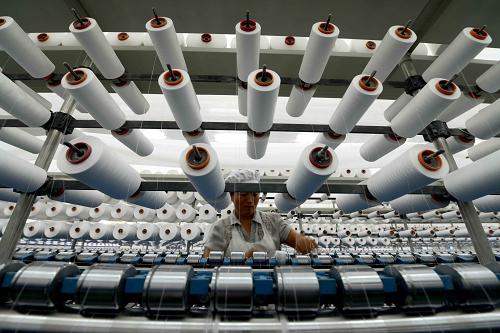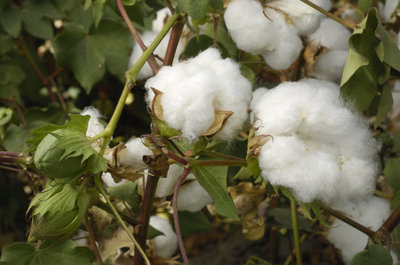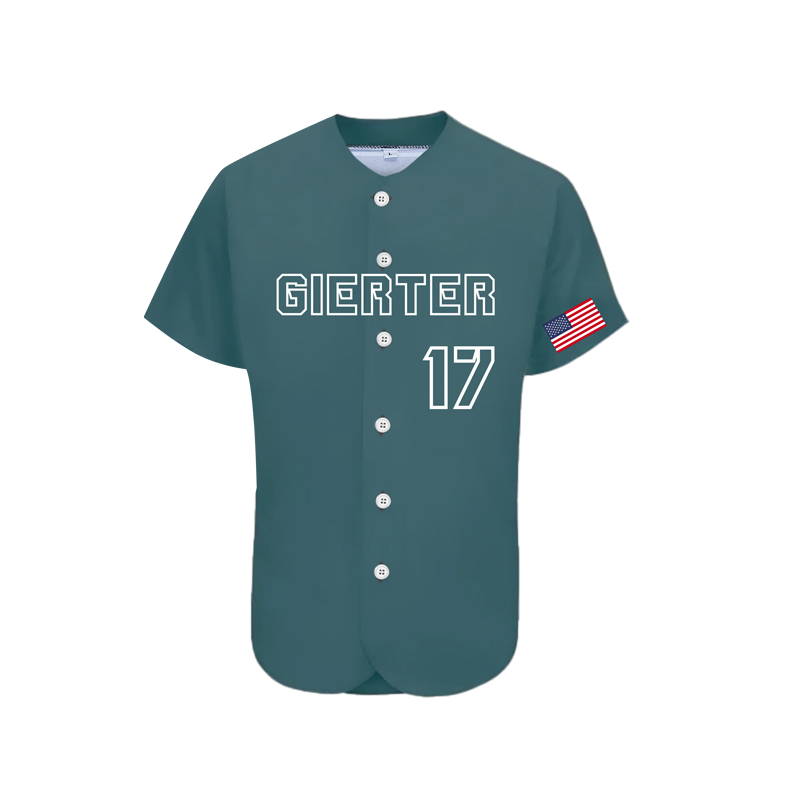
An In-Depth Analysis of Two Essential Fabrics
Introduction
Choosing between cotton and polyester involves evaluating factors such as comfort, durability, and environmental impact. Both materials offer unique benefits and drawbacks, making them suitable for different applications.
Key Differences Between Cotton and Polyester
| Feature | Cotton | Polyester |
|---|---|---|
| Origin | Natural fiber from cotton plants | Synthetic fiber made from petroleum-based polymers |
| Feel | Soft, breathable, suitable for sensitive skin | Smooth, silky, moisture-wicking, quick-drying |
| Durability | Less durable, prone to shrinking and fading | Highly durable, resists shrinking and fading |
| Moisture Management | Absorbs moisture, dries slowly | Wicks moisture, dries quickly |
| Printability | Suitable for screen printing | Ideal for sublimation printing |
| Environmental Impact | High water usage, pesticide concerns | Derived from non-renewable resources, contributes to microplastics |
| Recyclability | Limited recycling potential | Highly recyclable, especially as rPET |
| Common Uses | Everyday clothing, bed linens, towels | Sportswear, outdoor gear, activewear |
Detailed Comparison
Production and Composition
Cotton: Cotton is harvested from the seed hairs of cotton plants, offering a natural, breathable fabric. However, its cultivation requires significant water and pesticides, impacting the environment.
Polyester: Polyester is a synthetic fiber produced from petrochemicals, known for its durability and moisture-wicking properties. It is derived from petroleum-based polymers, making it a non-renewable resource but highly recyclable, particularly as recycled polyester (rPET).
Comfort and Wearability
Cotton: Cotton provides comfort and breathability, making it ideal for warm climates and sensitive skin. However, it absorbs sweat, which can lead to discomfort in humid conditions.
Polyester: Polyester is preferred in activewear due to its moisture-wicking capabilities. It keeps the wearer dry and comfortable, dries quickly, and is lightweight, making it versatile for various activities.
Durability and Maintenance
Cotton: While comfortable, cotton can shrink and fade over time, especially with frequent washing. It requires careful maintenance to retain its quality.
Polyester: Polyester is more robust than cotton, resisting shrinking and fading. It is easier to maintain, making it a practical choice for long-term use. Items like polyester shirts and polyester fabric clothes benefit from these properties.
Environmental Considerations
Cotton: Cotton’s environmental footprint includes high water consumption and pesticide use. Despite being biodegradable, its production can involve challenging labor conditions.
Polyester: Polyester, though synthetic, can be recycled into rPET, offering a more sustainable option by reducing waste and conserving resources. However, traditional polyester production contributes to microplastic pollution.
Polyester’s Advantages in Sportswear
Polyester is widely used in sportswear for several reasons:
- Moisture Management: Polyester’s hydrophobic nature prevents moisture absorption, effectively wicking sweat away from the skin. This feature is essential for products like cotton regular men’s sweatpants and polyester tops.
- Durability: The fabric’s strength makes it resistant to tears and abrasions, even in high-impact sports. This durability is crucial for lightweight sweatpants and other athletic garments.
- Quick Drying: Polyester dries rapidly, which is important for maintaining comfort during and after exercise. This characteristic also reduces the need for ironing.
- Versatility: Polyester’s elasticity and ability to retain shape make it suitable for a wide range of athletic activities.

Further Considerations and Special Cases
Blended Fabrics and Their Benefits
Blended fabrics combine the strengths of cotton and polyester, offering a balance of comfort, breathability, and durability. These blends are popular in various applications, providing practical solutions for everyday and athletic wear.
Polyester in Everyday Use
Polyester’s properties make it a versatile choice for everyday items, such as polyester shirts, polyester fabric clothes, and black polyester cloth. Its resistance to wrinkles and quick-drying nature add convenience to daily wear.
Innovations in Polyester
Modern advances in textile technology have enhanced polyester’s features, such as breathability and softness. These improvements make polyester more comparable to natural fibers while retaining its durability and performance advantages.
Polyester’s Role in Sustainable Fashion
The use of recycled polyester (rPET) from PET bottles is a significant step toward sustainability in fashion. This process reduces the environmental impact by reusing plastic waste and minimizing the need for new raw materials.
Common Misconceptions and Myths
There are misconceptions that polyester is less breathable or comfortable than natural fibers. However, modern polyester fabrics have improved significantly, offering comparable comfort and performance, depending on the garment’s design.
FAQs
Is cotton or polyester better for sensitive skin?
Cotton is generally preferred for sensitive skin due to its natural, hypoallergenic properties.
Which fabric is more durable?
Polyester is more durable, resistant to shrinking, and less prone to fading compared to cotton.
Can cotton or polyester be recycled?
Both can be recycled, but polyester, especially rPET, offers a more efficient recycling process.
Which fabric dries faster?
Polyester dries faster due to its moisture-wicking properties, making it ideal for activewear.
Is polyester environmentally friendly?
While traditional polyester poses environmental concerns, recycled polyester (rPET) provides a more sustainable alternative.
Which fabric is more comfortable for summer?
Cotton is generally more comfortable in hot weather due to its breathability and softness.
Conclusion
The choice between cotton and polyester, or even blends of both, depends on the intended use and personal preferences. Cotton offers natural comfort and breathability, making it ideal for everyday wear. Polyester stands out for its durability, quick-drying, and moisture-wicking capabilities, making it a top choice for sportswear. From an environmental perspective, recycled polyester (rPET) offers a more sustainable option than conventional cotton, especially in terms of waste reduction and resource conservation. Ultimately, the decision should consider specific needs, lifestyle, and environmental impact.



